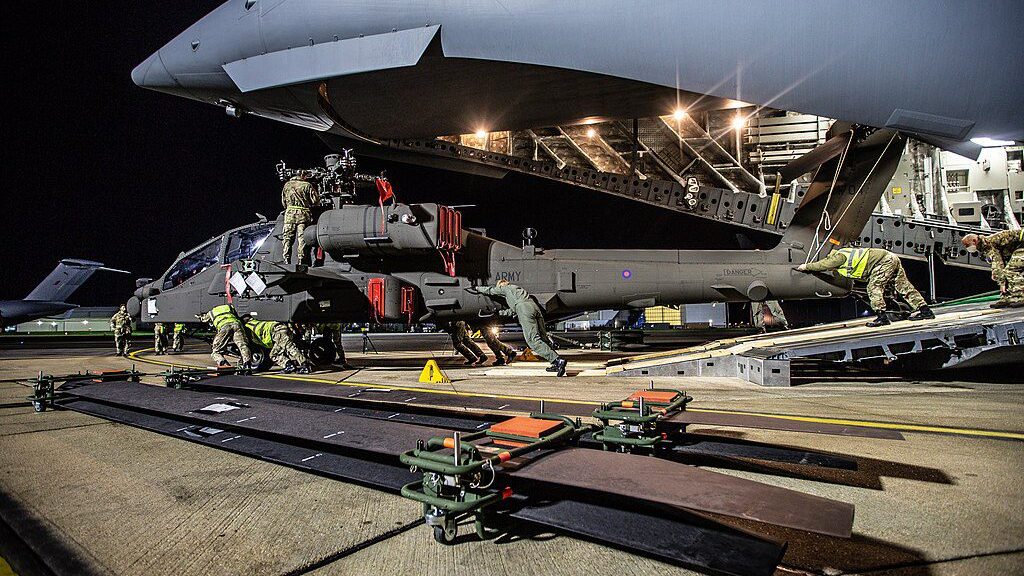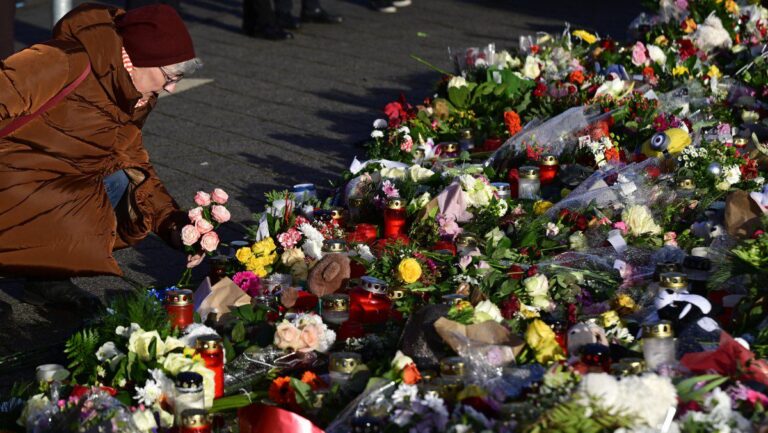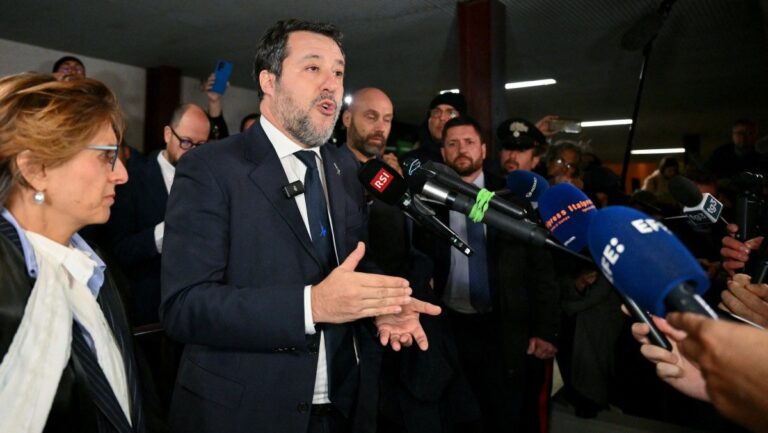In a clear attempt to secure positive headlines ahead of next week’s local elections—and to create a fresh dividing line between his party and Labour after polling suggested that voters believe the opposition is better equipped to handle most national issues—Tory Prime Minister Rishi Sunak has announced a boost to defence spending.
The defence budget will now be increased to 2.5% (rather than 2 percent) of GDP by 2030—ahead of Labour’s pledge to boost spending to the same level, but only “when economic conditions allow.”
Tories have welcomed the move, although former armed forces minister James Heappey said spending “should go further.” He added that “anybody who thinks that 2.5% is going to bring with it a growth in the navy, or a growth in the air force or a growth in the army doesn’t really understand just how expensive all this stuff is.”
Indeed, Britain’s armed forces are in such a sorry state that they require money to be brought up to a reasonable standard before they can be expected to grow.
"We should go further."
— Politics Hub with Sophy Ridge (@SkyPoliticsHub) April 23, 2024
Former armed forces minister @JSHeappey speaks on the tens of billions of pounds in extra defence funding announced by Rishi Sunak.#PoliticsHub https://t.co/GlTNastFii
📺 Sky 501, Virgin 602, Freeview 233 and YouTube pic.twitter.com/eZk8GQ6TdV
Sunak said that the cumulative spending of £75 billion (€87bn) on core defence funding over the next six years will put the country’s defence industry “on a war footing.”
It comes amid concerns about America’s commitment to NATO, with Donald Trump looking likely to win this year’s presidential elections. Earlier this year, UK Defence Secretary Grant Shappspraised Trump for forcing European members of NATO to spend more on defence, and Shapps has been pushing Sunak to increase spending commitments for some time, too.
Tories are more likely to welcome this increased spending because some of the money is coming from cuts to civil service jobs. The Institute for Fiscal Studies has calculated that the pledge will increase cuts to unprotected government departments by about £8bn (€9.3bn) in 2028.
Sunak also this week signed up—though much more quietly—for more European defence co-operation, particularly with Germany. There has been little fanfare surrounding what has been described as a “new chapter” in UK-German defence relations, which will see the joint development of Remote-Controlled Howitzer 155mm Wheeled Artillery Systems “as an initial step.”





